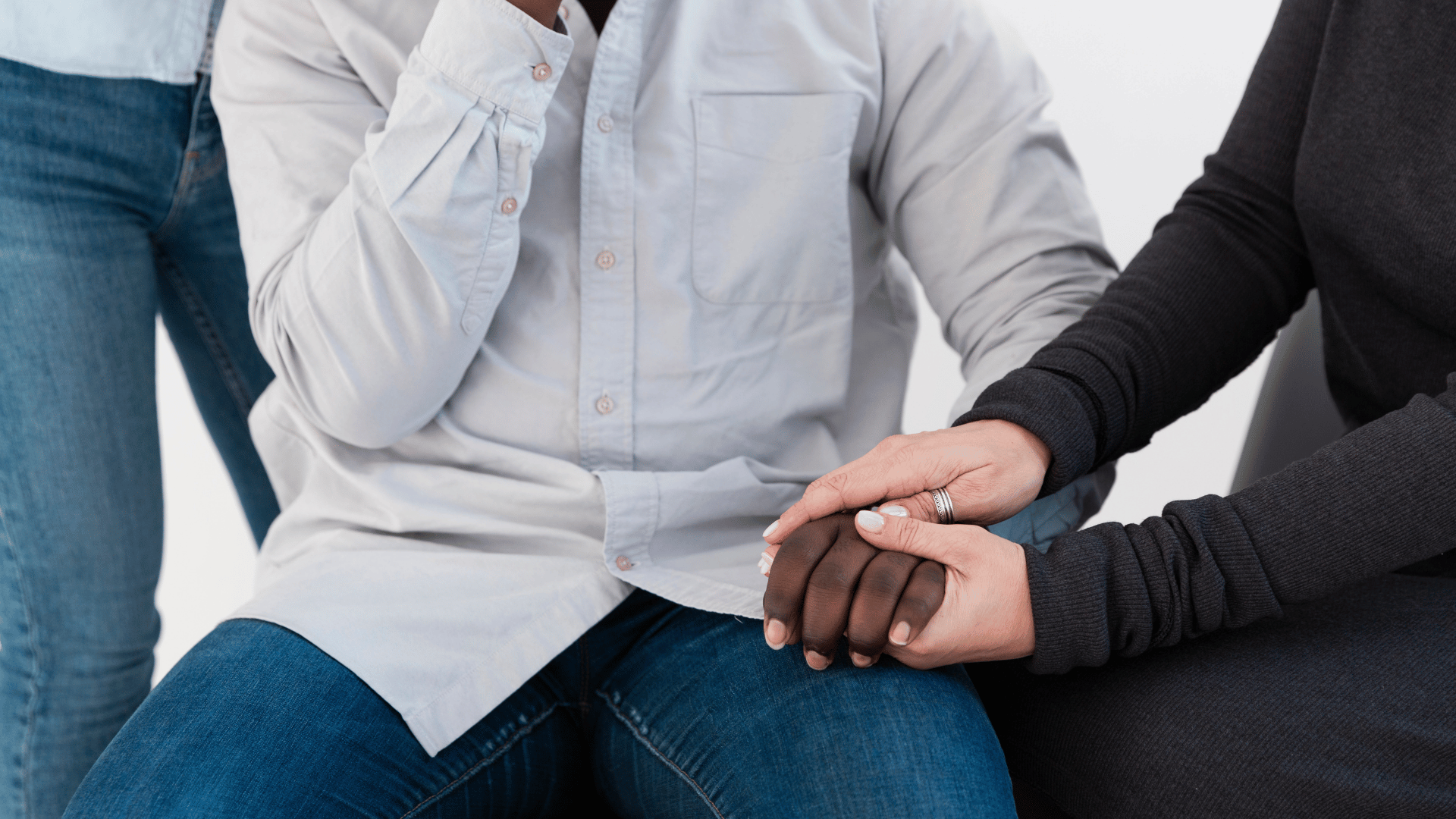Social anxiety disorder is a condition characterized by intense fear and anxiety in social situations. Individuals with this condition often experience a persistent worry about being judged, scrutinized, or negatively evaluated by others. This may lead to avoidance of social interactions, which may impact work, school, and personal relationships. Understanding the available management strategies and treatment options a social anxiety therapist can offer may be the first step toward addressing social anxiety’s effects on daily life.
What Is Social Anxiety?
Social anxiety disorder is a mental health condition where everyday social interactions cause significant anxiety, self-consciousness, and embarrassment due to a fear of being watched or judged. This fear can be so intense that it feels overwhelming and interferes with routines. The condition often stems from a deep-seated fear of social situations. A person might be afraid of acting in a way that will be embarrassing or humiliating.
There is also a common fear that others will notice their anxiety, which can create a cycle of increasing fear and physical symptoms. Situations that frequently trigger this anxiety include meeting new people or even simple acts like making eye contact. The anxiety is limited to specific performance-based situations for some, such as giving a presentation. This anxiety is more generalized for others and appears in a wide range of social settings.
What Are the Symptoms?
Symptoms of social anxiety may be emotional, behavioral, and physical. People experiencing social anxiety may not show all symptoms, and the intensity can vary. Emotional and behavioral symptoms often include:
- Intense fear of situations where one might be judged.
- Worrying about embarrassing or humiliating oneself.
- Fear that others will notice the anxiety.
- Anxiety in anticipation of a feared social event.
- Avoiding social situations.
Physical symptoms may also accompany the emotional distress. The body’s “fight or flight” response may be activated in social situations, leading to:
- Blushing
- Rapid heartbeat
- Trembling
- Sweating
- Muscle tension
These physical signs can increase a person’s self-consciousness, creating a feedback loop that worsens the anxiety. The desire to avoid these uncomfortable physical reactions is a strong motivator for avoiding social engagements.
How Is It Managed?
Managing social anxiety typically involves a combination of psychotherapy, self-help strategies, and sometimes medication. Psychotherapy is a highly effective approach. Therapy for social anxiety can focus on identifying and changing negative thought patterns about oneself and social situations. In some cases, a social anxiety therapist might recommend medication to help manage symptoms, especially if they are severe. Antidepressants or anti-anxiety medications may be prescribed to reduce the intensity of fear and anxiety, often in conjunction with therapy.
Self-help coping strategies can also be beneficial. Relaxation techniques, such as deep breathing, may help manage the physical symptoms of anxiety. Regular physical activity, a balanced diet, and adequate sleep may help improve overall mood and increase resilience to stress. Practicing social skills in low-stakes environments can help build confidence for more challenging interactions.
Consult a Social Anxiety Therapist
If you recognize these symptoms in yourself, seeking professional guidance is a constructive step. A qualified mental health professional specializing in anxiety disorders can provide a formal diagnosis and develop a personalized treatment plan. They can offer evidence-based therapies and support to help individuals navigate social situations with greater ease and confidence.


Leave a Reply